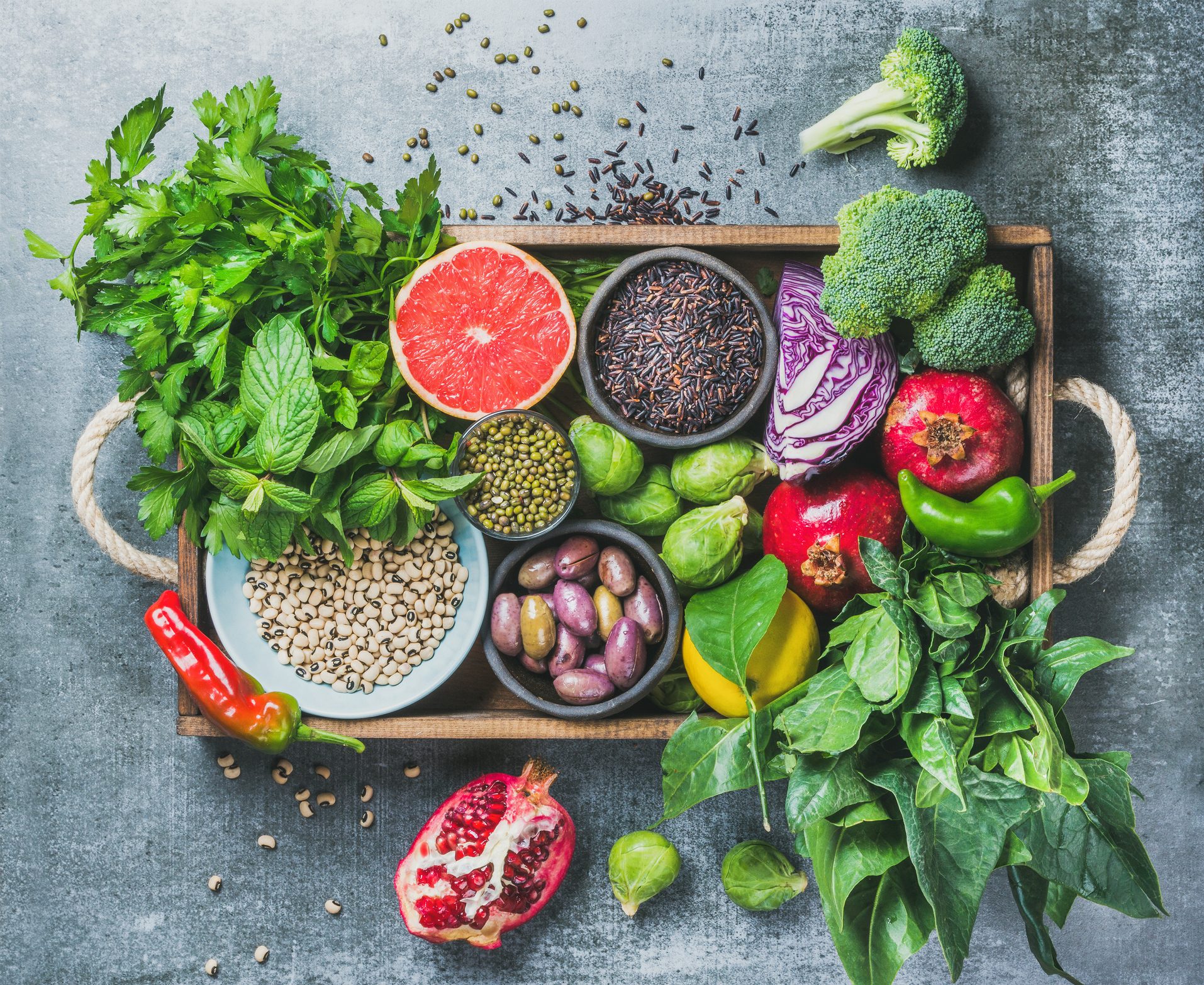
There's a common misconception that winter is a barren season when it comes to fresh produce, especially fruits. Many people assume that the cold weather halts the growth of all delicious, juicy fruits. However, this couldn't be further from the truth. In reality, winter boasts an array of fruits that not only survive but thrive in cooler temperatures. These fruits are not just survivors; they are nutrient powerhouses, offering a range of health benefits that are particularly valuable during the colder months. In this article, we'll explore the best fruits to eat and buy in winter, proving that this season can be just as fruitful as the warmer months.
1. Citrus Fruits
Oranges

Beyond being a Vitamin C powerhouse, oranges are also rich in potassium, vital for heart health, and flavonoids, which have anti-inflammatory properties.
Grapefruits

A great source of vitamins A and C, grapefruits also contain lycopene, an antioxidant known for its heart health and cancer-preventive benefits.
Mandarines and Tangerins

These fruits are not only lower in calories but also contain compounds called flavonoids, which can help reduce the risk of certain chronic diseases.
Tips for buying:Look for fruits that are firm and heavy for their size, indicating juiciness. Avoid fruits with soft spots or blemishes.
Tips for storing: Citrus fruits can be stored at room temperature for a week, but they last longer (up to several weeks) when refrigerated in a mesh or perforated bag.
2. Pomegranates

High in fiber, vitamins C and K, and folate, pomegranates are also rich in punicalagin and punicic acid, unique substances that are responsible for most of their health benefits, including anti-inflammatory effects and heart health support.
Tips for buying: Choose pomegranates that feel heavy and have a deep color without any cracks or bruises.
Tips for storing: Keep them in a cool, dry place for up to a month, or in the refrigerator for up to two months.
3. Kiwi

Kiwi not only surpasses oranges in vitamin C content but also contains vitamin K, vitamin E, and potassium. It’s also rich in antioxidants and serotonin, which may aid in sleep quality.
Tips for buying: Select kiwis that yield to slight pressure for immediate consumption. For later use, choose firmer kiwis.
Tips for storing: Ripen kiwis at room temperature, then refrigerate to prolong freshness. Once ripe, they can be stored in the fridge for up to two weeks.
4. Persimmons

Persimmons are an excellent source of fiber, vitamins A and C, and manganese. They also contain beneficial plant compounds like tannins and flavonoids, which have antioxidant properties.
Tips for buying: Fuyu persimmons should be firm and crisp, while Hachiya should be soft and squishy when ripe.
Tips for storing: Fuyus can be kept at room temperature or refrigerated, while Hachiyas should be stored at room temperature until fully ripe, then refrigerated.
5. Apples

Apples are a good source of fiber and vitamin C. They also contain polyphenols, which may have numerous health benefits, including improved gut health and reduced risk of stroke and high blood pressure.
Tips for buying: Look for firm fruits without any bruises or holes. The skin should be smooth and vibrant in color.
Tips for storing: Store in the crisper drawer of the refrigerator in a plastic bag with holes for ventilation. They can last several weeks.
6. Pears

Pears are not only rich in essential antioxidants and dietary fiber but also contain vitamins C and K, and copper. They’re especially known for their role in digestive health and for having anti-inflammatory properties.
Tips for buying: Look for firm fruits without any bruises or holes. The skin should be smooth and vibrant in color.
Tips for storing: Store in the crisper drawer of the refrigerator in a plastic bag with holes for ventilation. They can last several weeks.
7. Dates

Dates are calorie-rich and an excellent source of fiber, potassium, magnesium, copper, manganese, iron, and vitamin B6. They have a high concentration of antioxidants, which can contribute to heart health and bone strength.
Tips for buying: Choose plump, evenly colored dates. They should be glossy and slightly soft.
Tips for storing: Keep them in an airtight container in the refrigerator for up to six months. They can also be frozen for longer storage.
8. Cranberries

Cranberries are best known for their high nutrient and antioxidant content. They’re rich in vitamins C, E, and K1, and are famous for their role in preventing urinary tract infections.
Tips for buying: Opt for bright red, firm cranberries. Avoid berries that are soft, shriveled, or have brown spots.
Tips for storing: Store them in their original packaging in the refrigerator, or freeze them for up to one year.
9. Quince

Often overlooked, quince is a winter fruit with a unique flavor. It's high in fiber, antioxidants, and vitamins C and E. Quince is commonly used in jams, jellies, and preserves due to its tart flavor and becomes tender and sweet when cooked.
Tips for buying: Select firm and yellow quinces without blemishes or soft spots.
Tips for storing: Store at room temperature until ripe, then refrigerate in a plastic bag for up to two weeks.
10. Blood Oranges

While technically a citrus fruit, blood oranges deserve special mention for their deep red flesh and distinct raspberry-like flavor mixed with citrus notes. They're rich in antioxidants, particularly anthocyanins, which give them their unique color and are known for anti-inflammatory properties.
Tips for buying:Look for fruits that are firm and heavy for their size, indicating juiciness. Avoid fruits with soft spots or blemishes.
Tips for storing: Citrus fruits can be stored at room temperature for a week, but they last longer (up to several weeks) when refrigerated in a mesh or perforated bag.
General Tips for Buying and Storing
– Inspect Fruit: Always inspect fruit for signs of mold or spoilage before purchasing.
– Avoid Washing: Don’t wash fruits until you’re ready to eat them, as moisture can encourage spoilage.
– Ethylene Producers: Be aware that some fruits, like apples, produce ethylene gas, which can speed up the ripening (and spoilage) of nearby fruits. Store them separately if possible.
– Check Regularly: Regularly check stored fruits and remove any that are spoiling to prevent the spread to others.
By following these tips, you can ensure that your winter fruits stay fresh and delicious for as long as possible, allowing you to enjoy their flavors and nutritional benefits throughout the season.

;Resize,width=712;)
;Resize,width=712;)
;Resize,width=767;)
